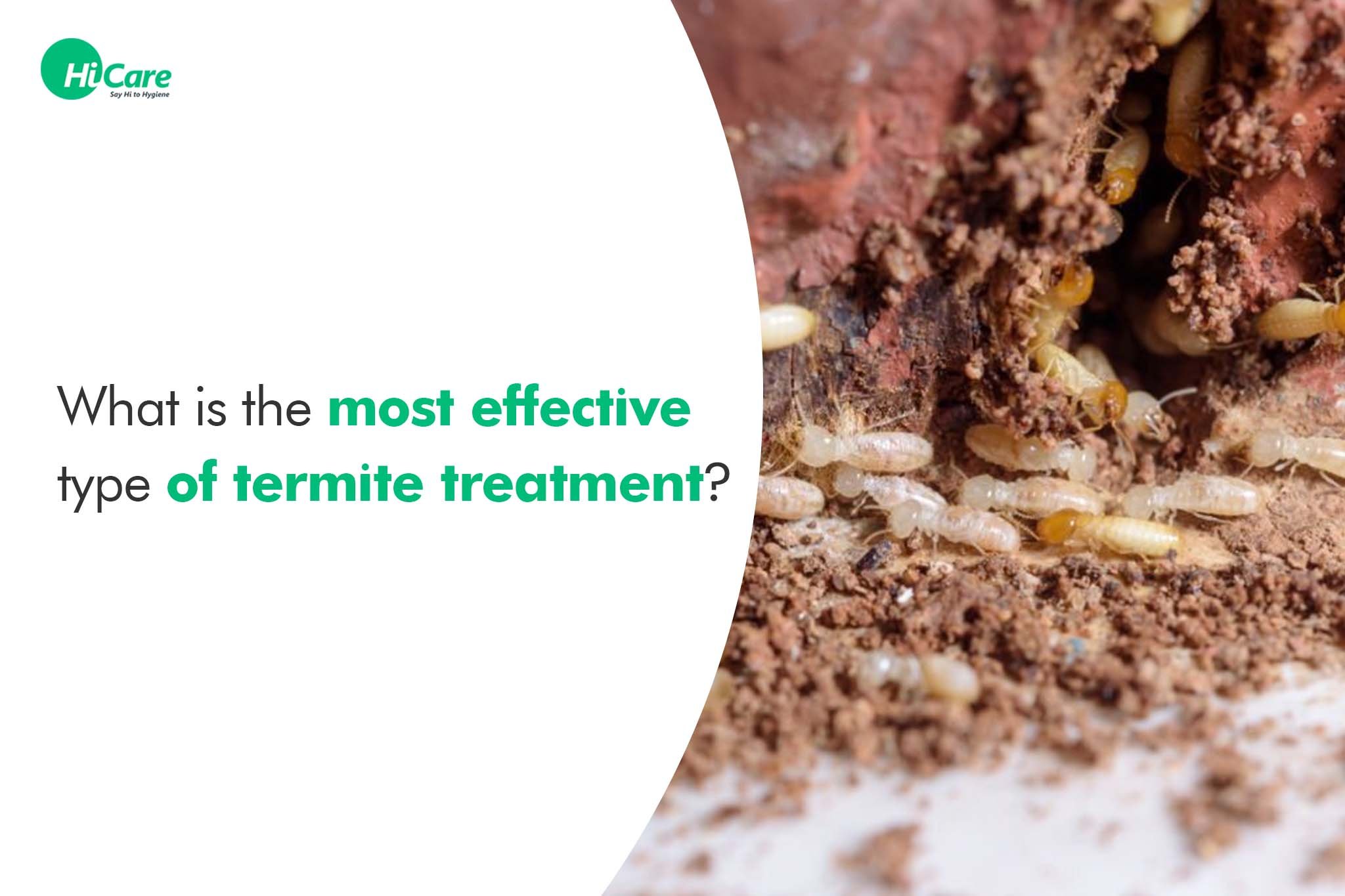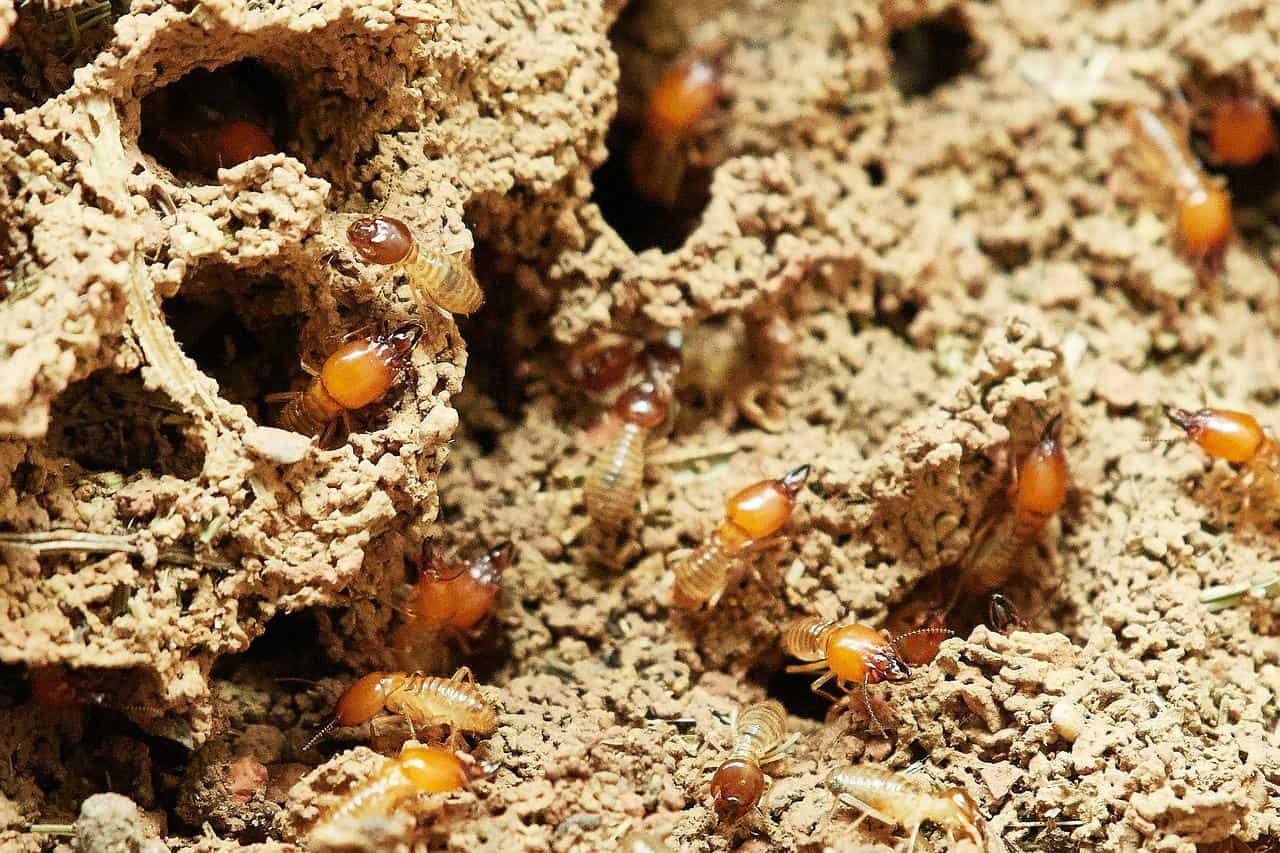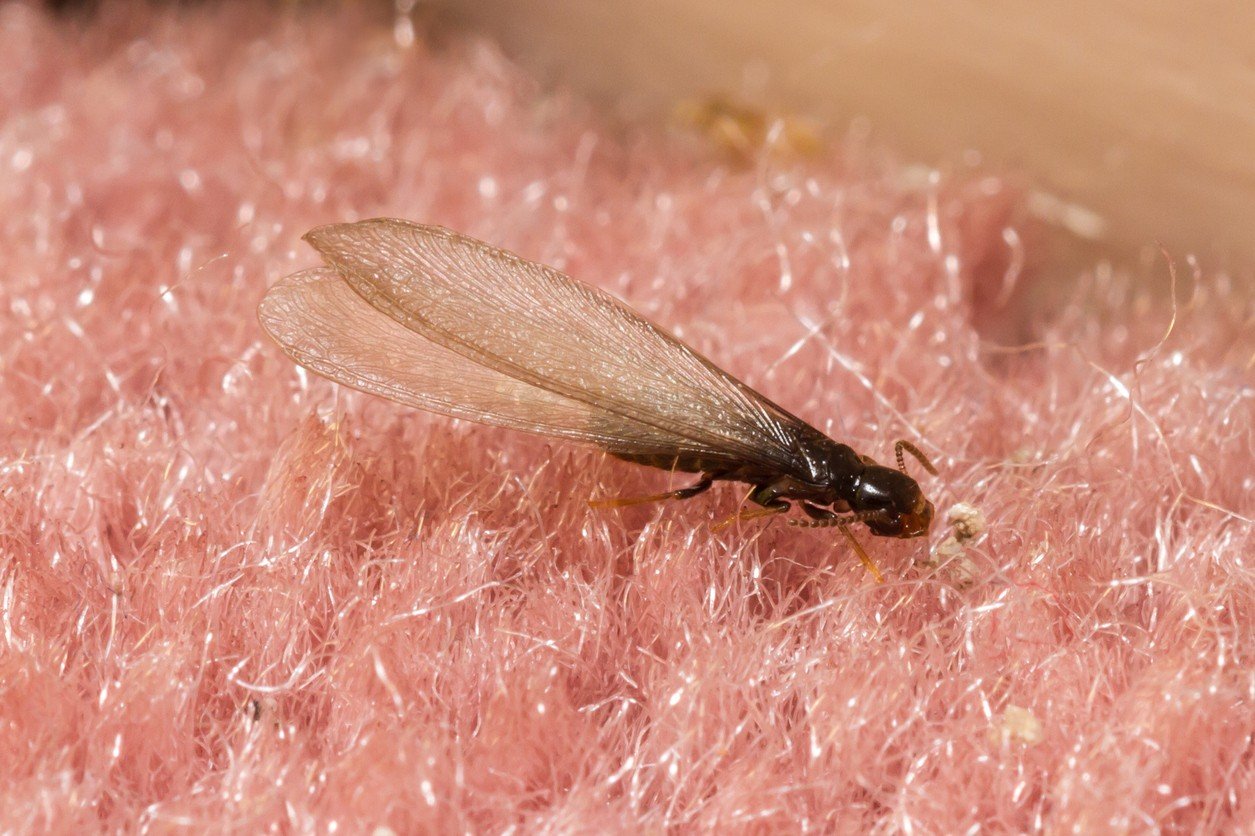[- Home Remedy for Termite Control: Practical Solutions for Effective Pest Management] – Take control of termite infestations with our proven home remedies that will safeguard your home without resorting to harmful chemicals. Our comprehensive guide empowers you with effective and economical solutions, ensuring your home remains protected from these destructive pests.
Key Takeaways:
- Neem oil: Natural insecticide and repellent for termites.
- Vinegar and lemon juice: Repels termites.
- Borax: Kills termites when ingested.
- Essential oils (orange, neem, clove, garlic): Toxic to termites and repel them.
Home Remedy for Termite Control: A Comprehensive Guide

Considering termites can cause significant structural damage to your home, employing effective and safe control measures is important. Chemical treatments can be quite harsh. However, there’s a range of home remedies that offer natural and effective termite control.
Natural Remedies for Termite Control
Each natural termite treatment below has been proven to be effective in eliminating termite infestations.
1. Borax Treatment
Borax is a natural mineral that is toxic to termites. It works by drying them out and causing them to die. To use borax as a termite treatment, mix 1 cup of borax with 1 gallon of water. Apply the solution to areas where you have seen termite activity. Be sure to wear gloves and eye protection when handling borax.
2. Vinegar and Lemon Juice Treatment
Vinegar and lemon juice are both natural repellents for termites. To use this treatment, mix 1 cup of vinegar with 1 cup of lemon juice. Apply the solution to areas where you have seen termite activity.
3. Orange Oil Treatment
Orange oil is a natural insecticide that is effective against termites. To use orange oil as a termite treatment, mix 1 cup of orange oil with 1 gallon of water. Apply the solution to areas where you have seen termite activity.
4. Diatomaceous Earth Treatment
Diatomaceous earth is a fine powder that is made from the fossilized remains of diatoms. It works by cutting into the exoskeletons of termites, causing them to dehydrate and die. To use diatomaceous earth as a termite treatment, sprinkle it around areas where you have seen termite activity.
5. Neem Oil Treatment
Neem oil is a natural insecticide and repellent that is effective against termites. To use neem oil as a termite treatment, mix 1 cup of neem oil with 1 gallon of water. Apply the solution to areas where you have seen termite activity.
Conclusion
Termites can be a nuisance, but they don’t have to be a major problem. By using the home remedies for termite control outlined in this guide, you can safely and effectively eliminate termites from your home.
If you’re struggling with sore gums from false teeth, find some effective home remedies here.
For those suffering from a pinched nerve in their neck, explore natural remedies that can provide relief here.
Need to induce your period? Discover some home remedies that might help you here.
Step-by-Step Guide to Applying Home Remedies
Before you dive into the world of home remedies, let’s address a common question: Can you really fight termites with household solutions?
The answer is a resounding yes! Natural remedies, when used correctly, can effectively repel or even eliminate termites. Here’s a step-by-step guide to applying these remedies:
1. Identify the Termite Type:
Start by determining if you’re dealing with subterranean termites (the most common type) or drywood termites. This affects the remedies you’ll use.
2. Choose Your Remedy:
Vinegar and lemon juice, orange oil, and borax are popular home remedies for termites. Each has its advantages and disadvantages, so choose one based on the type of termites and the severity of the infestation.
3. Prepare the Solution:
Follow the specific instructions provided for each remedy. Generally, you’ll mix the remedy with water in a ratio that’s effective and safe.
4. Apply the Solution:
Apply the solution directly to areas where termites are active or likely to enter your home. For example, spray it around baseboards, door and window frames, and any cracks or holes in walls.
5. Safety Precautions:
Wear gloves and eye protection when handling certain remedies, especially borax. Keep the solutions out of reach of children and pets.
Key Takeaways:
- Home remedies can be effective in controlling termites.
- Choose the right remedy based on the type of termites and infestation severity.
- Follow the instructions carefully and take safety precautions.
- Be patient and persistent, as termite elimination takes time.
Relevant URL Sources:
- Home Inspection Insider
- Pest Know
Addressing Potential Issues and Troubleshooting

As we tackle termite control, let’s anticipate potential roadblocks and equip ourselves with solutions. Here’s a troubleshooting guide to help you navigate any hurdles:
1. Moisture Concerns
- Termites thrive in moist environments, so fixing leaks and controlling moisture is crucial.
- Repair dripping air conditioners and faucets, and make sure the yard slopes away from your home to prevent water accumulation.
2. Home Remedy Limitations
- While home remedies can supplement termite management, they may not be sufficient for severe infestations.
- If you encounter persistent termite activity, consider consulting a professional pest control service.
3. Safety Precautions
- When using any home remedy, carefully follow instructions and wear protective gear.
- Keep treatments out of reach of children and pets.
4. DIY vs. Professional Treatment
- DIY methods can be cost-effective for small infestations.
- However, professional treatments using soil-applied barriers or other methods are generally more effective and provide long-term protection.
5. Ongoing Monitoring
- Termite infestations can reoccur, so it’s essential to stay vigilant.
- Regularly inspect your home for signs of termites, especially in moisture-prone areas.
Key Takeaways:
- Moisture control is key to preventing termite infestations.
- Home remedies can supplement termite management but may not be effective for severe cases.
- Safety precautions are crucial when using home remedies.
- DIY methods can be useful for small infestations, but professional treatments offer more comprehensive protection.
- Ongoing monitoring is essential to prevent termite re-infestations.
Relevant URL Sources:
- How to Get Rid of Termites
- DIY Termite Treatments: Tips for Termite Pest Control
Additional Tips for Effective Termite Prevention
Preventative Measures
-
Regular Inspections: Thoroughly inspect your home for signs of termite activity. Check wood structures, basements, and attics regularly.
-
Hire Professionals: If you suspect a termite infestation, contact a licensed pest control professional for proper treatment and prevention advice.
-
Moisture Control: Termites thrive in moist environments. Seal leaks, fix dripping faucets, and ensure proper drainage around your home to prevent moisture accumulation.
-
Wood-to-Soil Contact Elimination: Maintain a gap between soil and wood structures to prevent termites from entering your home.
-
Termite-Resistant Wood: Consider using termite-resistant wood for susceptible areas, such as decks, fences, and structural supports.
Additional Tips
-
Essential Oil Deterrents: Certain essential oils, such as peppermint, tea tree, and eucalyptus, may repel termites. Diffuse these oils or apply them directly to potential entry points.
-
Diatomaceous Earth: Sprinkle this fine powder around areas where termites may enter. Its sharp edges can damage their exoskeletons and cause dehydration.
-
Boric Acid Treatment: Boric acid is toxic to termites. Mix it with water and apply it to areas where termites are suspected or likely to appear.
-
Orange Oil: Orange oil, derived from orange peels, is a natural insecticide that can effectively eliminate termites. Dilute it with water and spray it around potential entry points.
-
Citrus Fruit Peels: Spread citrus fruit peels, such as oranges, lemons, and grapefruits, around your home. The strong citrus scent acts as a deterrent to termites.
Key Takeaways:
- Regular Inspections: Early detection is crucial for successful termite prevention.
- Professional Assistance: Consult a licensed professional for severe infestations or expert advice.
- Moisture Control: Eliminate moisture sources to reduce termite attraction.
- Essential Oil Deterrents: Utilize natural repellents like peppermint or tea tree oil.
- Home Remedies: Explore effective home remedies such as boric acid, orange oil, or diatomaceous earth.
Relevant URL Sources:
– Termite Infestation: Top Tips for Prevention & Treatment
– How to Get Rid of Termites
FAQ
Q1: What are some effective home remedies for termite control?
A1: Effective home remedies include vinegar and lemon juice mixtures, which repel termites, and borax, which dries them out and kills them upon ingestion. Essential oils, such as orange, neem, clove, and garlic, are also toxic to termites and can act as repellents.
Q2: How can I prevent moisture accumulation, which attracts termites?
A2: To eliminate moisture, fix plumbing leaks, level the yard to prevent water pooling, and repair dripping AC units. Additionally, clear drainage systems by regularly cleaning gutters.
Q3: Can I use bleach to kill termites?
A3: Bleach is not effective in killing termites and may be harmful to the environment. Opt for home remedies or professional treatments instead.
Q4: What types of termites are most common, and how can I identify them?
A4: Subterranean termites are the most common type. They live in the ground and feed on wood, creating mud tubes to reach food sources. Identify them by their brown or black color and large heads with powerful mandibles.
Q5: When should I consider professional termite control services?
A5: If you suspect a severe infestation or home remedies have not been effective, consult a licensed pest control professional for proper treatment and prevention. Professional services offer soil-applied barrier treatments and other effective methods to eliminate termites.
- Dora the Explorer Wipe-Off Fun: Safe & Mess-Free Activities for Little Explorers - April 18, 2025
- Does Lemongrass Repel Mosquitoes? Fact vs. Fiction + How to Use It - April 18, 2025
- Do Woodchucks Climb Trees?Fact vs. Fiction - April 18, 2025










